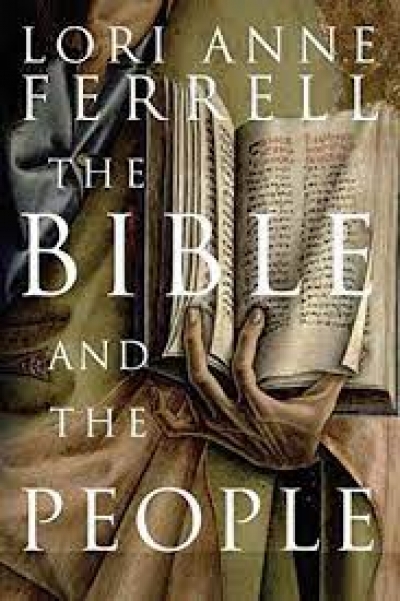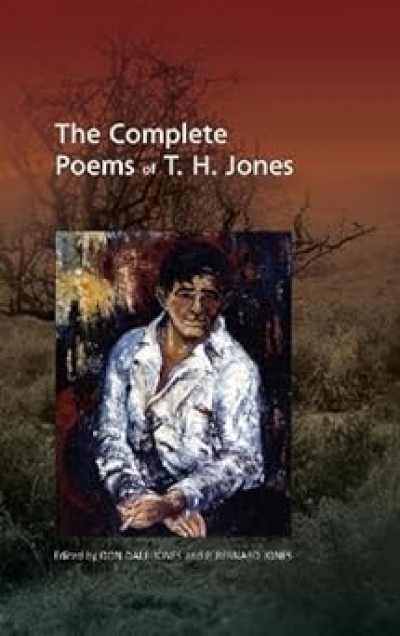Archive
It is exhilarating and always illuminating to return to Henry Lawson. His is a body of work – slim and fragile though it may be – with which many would confidently claim to be particularly familiar. ‘The Drover’s Wife’, ‘The Union Buries Its Dead’, ‘The Loaded Dog’ and many others are a part of our literary and cultural reference. Yet Lawson’s fiction is so deceptive, seemingly intuitive and ‘natural’, that it is easy to forget just how artful and crafted it is. This is one reason why the Mitchell sketches, for example, held together by a few strokes and much implication, are always potent reminders of how brilliantly and deftly Lawson managed his fiction, how spare, tremulous and scarcely visible are the structural props of his narrative, and how he merged his own experiences into a prose that powerfully transcends its autobiographical provenance. These are some of the reasons why the reissue of a collection like John Barnes’s influential and authoritative take on Lawson is welcome and timely. The addition of John Kinsella’s introduction to sit alongside Barnes’s original 1986 essay makes the whole enterprise even more attractive.
... (read more)








